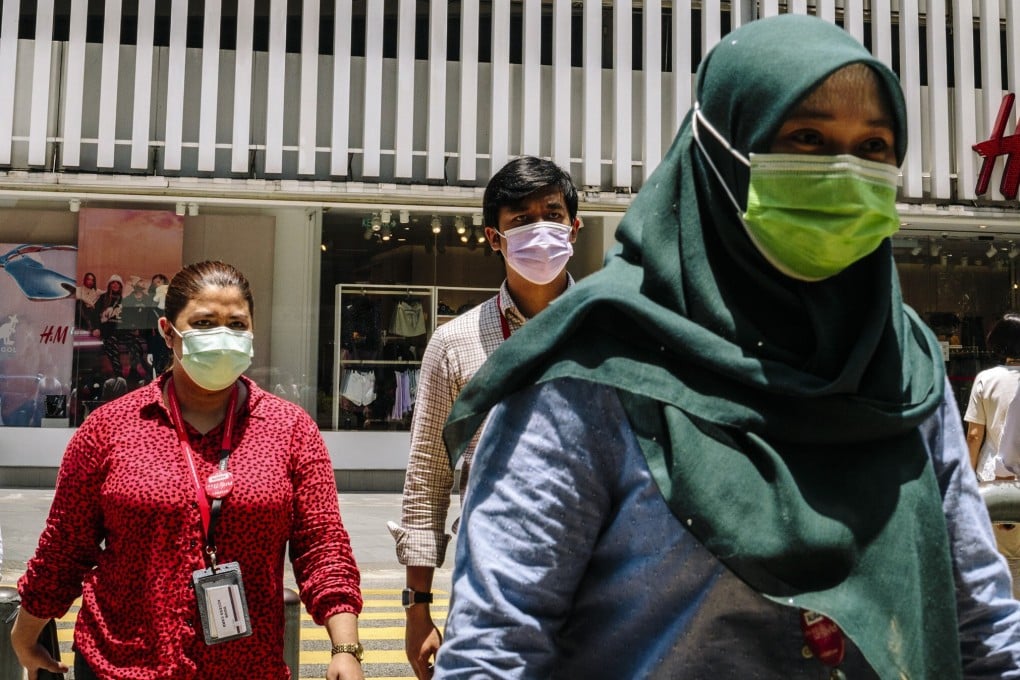Advertisement
Malaysia can’t afford new coronavirus lockdown, experts warn as Sabah cases surge
- The spike comes as some 800,000 people in Sabah this week turned out for a state election, sparking fears of a new wave of infections in Malaysia
- A second movement-control order will have a significant impact on the economy, social well-being and mental health, experts say
Reading Time:4 minutes
Why you can trust SCMP

Days after almost 800,000 people in Malaysia’s Sabah state turned out to vote, the country is seeing a worrying spike in coronavirus cases which may result in a second national lockdown – an event it can ill afford, experts say.
Malaysia on Thursday saw its highest daily surge in new cases since June and second-highest increase since Covid-19 arrived in the country at the start of the year. Of the 260 new infections, 118 were reported in Borneo. It now has a total of 11,484 cases and 136 deaths.
In September, it recorded more than 1,000 infections, with local media reporting it took only one week for Sabah’s upwards trend to be seen in other Malaysian states.
Advertisement
While the authorities have said it is unnecessary and unfair to impose a 14-day quarantine period for those returning from Sabah, it called for people to follow safe hygiene habits and self-quarantine at home.
Within Sabah itself, inter-district travel is being banned from this weekend.
Advertisement
If the spread of infections worsens, Malaysians could once again be forced to stay at home, said health policies specialist Khor Swee Kheng.
Advertisement
Select Voice
Select Speed
1.00x